The emotion is palpable as these words come through. I remember eagerly awaiting the new issue of Cancerworld when I was a medical student, at Serbia’s Niš University, to read the fascinating journeys of those I so looked up to. I still, for example, remember the interviews with Martine Piccart and Jacek Jassem and their profiles – I still have the printed magazines – they are precious to me. This is a such a full circle moment.
I recall an eight-year-old girl helping her mum and dad register at the St Gallen Oncology Conference in 1988, and then doing her homework (she had to get all A’s, or else), at the exhibition hall booths, while her parents are in lecture theatres. I also vividly recall a 14-year-old girl at the 1993 Jerusalem ECCO meeting, winning a prize for accurately answering all questions about the then Smith Kline pipeline at their exhibitors stand. Each year my parents would take me out of school to accompany them as they travelled to oncology conferences, but the arrangement was that I had to keep up with schoolwork and homework while there.
At a time when travel from Serbia was severely restricted because of sanctions, visa regulations and war in the region, the opportunity my parents provided for me in this manner unlocked so many treasures – love of travel, languages, different cultures – and has set me up for life. The world of medical meetings, networking skills and travelling for learning became so deeply ingrained in me, as qualities that have since accompanied and enabled so many facets of my career and life as a whole.
In between the ages of 8 and 14, that little one was learning English and falling asleep in libraries at Guy’s Hospital in London and at Glasgow University in Scotland where her mum and dad, respectively, worked long hours gathering data for their PhDs – Mum in medical oncology, and Dad in medical nuclear physics. Hence, the girl was handed a proverbial stethoscope and a pipette before she could even count. No surprise perhaps that she is now Head of Oncology at PureTech Health, leading cancer drug development for the company, and a practising clinician at the Medical Oncology Department at Imperial College London. That girl is me.
Moreso, though, I am a human with a personal story that has shaped my internal and external world, and am now at a place where science and precision medicine meet holistic care. Because what is more precise than our own, unique experience? I am grateful for the journey that brought me here and excited for what is unfolding.
And that is integration.
I was born, raised and studied medicine in Niš, Serbia – the birthplace of Constantin The Great – a small, but beautiful and soulful town that was once the crossroads between the East and West in the Roman and the Ottoman Empire.
War hit Serbia during medical school, and hospital jobs for years to come were few and far apart. The state generously supported 100 graduates with 6- to 12-month scholarships for post graduate studies – their way of bringing some light into otherwise pretty grim circumstances. I was one of those 100 recipients.
With a suitcase in hand and having offered to be a free pair of hands in the laboratory of Professor Charles Coombes at Imperial College – who I originally met during medical school over a dinner at ASCO – little did I know, my journey had begun. Six months’ scholarship turned into 17 years and running, and a career I only could have dreamed of. The ‘Yes’ that Professor Coombes at that point extended to me has made it all possible. I am not sure he even knew at the time what he was saying ‘yes’ to, but a free pair of working and willing hands of a doctor who spoke good English could not hurt. Little did he know, I had zero lab work experience and at time, and as much as I was proficient in English, I spoke zero ‘science’.
For the first 3 months, my daily cries to my parents of “I have no idea what I am doing here,” were met with: “Be grateful you are there, stay quiet, do as you are told.” Somehow, after three months, I woke up one day, and everything just made sense. The veil lifted. All of a sudden and after sleeping in the lab and breathing in all things lab, I knew exactly what I was doing. I will never forget the feeling when the first experiment I ever designed and executed on my own actually worked. The excitement and fuel for wanting more of that feeling is still palpable today. Then, it represented the beginning of my commitment to science and research.
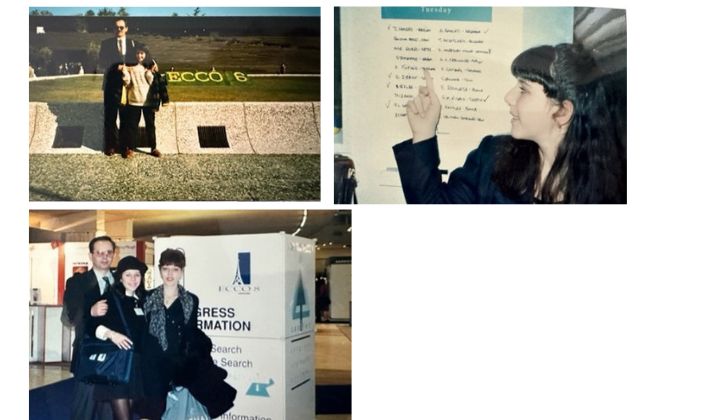
I continued producing data that supported the work of Professor Coombes’ team on gamma secretase in breast cancer and produced a grant application that was ultimately awarded by Cancer Research UK to support my PhD on the same topic. The years that followed were joyful and hard at the same time, anyone who has done or is doing a PhD will know what I’m talking about. I was incredibly lucky to be a part of the team that nurtured me at Imperial, gave me every opportunity to learn and grow, freedom to explore what kind of scientist I wanted to be, and all the help I needed along the way. To Professor Charles Coombes, Professor Justin Stebbing, Dr Ernest Yagüe and many other dear colleagues in the UK and abroad, I owe an eternal vote of gratitude.
In parallel with lab work, I embarked on a painstaking effort to get my medical degree from Serbia recognised in the UK by the General Medical Council (GMC). Faced with the possibility that this may not happen, I remember Professor Coombes asking me: “What would you do if it turned out clinics were not possible for you in the UK?” In that moment I gained a sense of clarity that was undeniable. I knew that if I had to choose between going back to Serbia to do clinics or staying in the UK to do research, I would, with my whole heart, choose… research. Yes, you read that right. Research. I could no longer imagine my life without the thrill of science and bringing new ideas, new drugs to life. Luckily, I did not have to choose. GMC granted my medical license to practice after nine months and two appeal processes, and I was awarded a Clinical Research Fellowship that allowed me to have protected clinical time with patients while doing laboratory work.
Then, in 2009, a personal wakeup call. My mother, Professor Dr Sladjana Filipovic, was diagnosed with breast cancer. She is a medical oncologist, she founded the Oncology Institute in my hometown and developed the Oncology Curriculum for Medical School for the entire country, writing the first ever teaching book of medical oncology for students in that region. A force to be reckoned with. She introduced me to ESO [the European School of Oncology] and has opened many doors for me along the way. What I chose to do once I walked through any one of those doors, or not, was up to me though. Witnessing my mother’s journey through treatment allowed me to develop a true sense of compassion for what this is actually like.
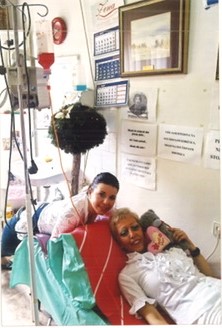
As medical oncologist, we think we know what our patients are going through. But we never really know until it hits so close to home. A decade later, my father, Bratislav Filipovic (one of the most delicately introverted and profoundly intelligent people I know), would be diagnosed with locally advanced bladder cancer as well, another reminder how close it hits and how we must not take anything for granted. My father was brave and, back in war times, he quit his job in a public hospital and risked a lot to open his own diagnostic laboratory, Farmacia Diagnostica.
I am proud of him and the example he gave me; it was the first private laboratory in Serbia and during its 28 years of existence, always paved the way in the whole Balkan region as the place you could do diagnostic tests that no one else was offering. He recently transitioned, not from cancer but from a heart condition, and I deeply respect how he chose his time and his way.
In each of the clinics I do, I get so much more from my patients than they do from me, I believe. I admire their strength, their vulnerability, their willingness to trust us oncologists and their sense of care and humour that prevails. I am humbled each time. This is why I have recently also trained in holistic care (learning from the likes of Dr Lissa Rankin, Dr Richard Schwartz, Dr Peter Levine, Dr Lawrence Haller, Dr Bruce Lipton, Dr Jeffrey Radiger, Dr Gabor Mate, Dr Howard Schubiner etc.), which allows me to explore deeper layers that may ‘hide’ behind cancer diagnosis, which we far too often neglect to pay attention to in routine busy clinics. It is my intention to be human with my patients and to be the one that supports and encourages them to be empowered, to both heal from within and to be the ones who are asking for what they need and are actively participating in making informed choices along the treatment path. It is a partnership, and they are at the forefront.
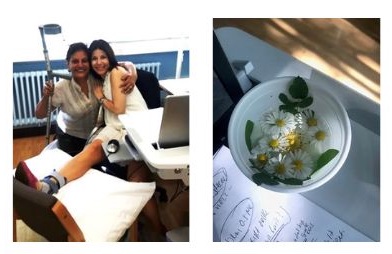
At the same time, I was fortunate to have Professor Stebbing as my clinical mentor. He taught me what it means to truly stand by your patients, to fight with them and many times for them, never to say, “there is nothing else we can do for you.” I have seen the impossible made possible, I have witnessed lives extended beyond what was expected, I have seen families have more time with one another, memories gained, and I have also seen patients’ choices respected, honoured and followed. I know now, I was being shaped into the type of an oncologist I always wanted to be.
From him I learnt what bringing innovation to patients means, what it looks like and how it is done, well and fast. A brilliant mind that thinks outside the box. Actually, there is no box at all. I am grateful to have been trained by the best. I learnt so much about personalised medicine, genetics and genomics and, immunotherapy. It has set me up for what was to come.
After my PhD and post-doctoral studies, all while seeing patients part time as well, I sensed that the time may have come to venture into the world where Big Pharma makes big medicines. The move was big too, and took me all the way to New York and Bristol Myers Squibb. This was a priceless experience that enabled me to see the real world behind how the true paradigm-shifter drugs, which forever change the oncology landscape, like anti-PD-1 inhibitors, come to life. It is a lot harder and more painstaking than we may think. The skillset I gained at BMS and then in my consulting position for AstraZeneca was a travel arc from early to late-stage clinical drug development.
Ultimately, this arc led me to, where I believe, I was always meant to land next. PureTech Health – with ‘Giving Life to Science’ as a motto; this is true to form what the experience has felt like. Patients’ highest good is at the forefront of all that we have done and do. I have been blessed to have the opportunity to be in a role where I get to be my whole self: a scientist, a researcher, an entrepreneur, an oncologist. To work with a brilliant matrix team, see programmes from conception and identifying drug targets, to making therapeutics, and then moving them into and through Phase 1 and later-phase clinical development. Plus, I still get to see patients, write grants, publish manuscripts, present at conferences, network. Whatever I do, in any area of my work, I approach with an awareness and knowing that – on the other end of each interaction, is a person. As Maya Angelou said: “I’ve learned that people will forget what you said, people will forget what you did, but people will never forget how you made them feel.”
I am an active member of AACR, ASCO, ESMO, SITC and am humbled to have recently joined the team of an incredible platform that educates oncologists and patients alike, bridges medicine, care and drug development, and speaks ‘human’ very well. That is SPCC – Sharing Progress in Cancer Care – where we do exactly that. I know SPCC is taking great strides, which will have a profound ripple effect globally in the world of oncology.
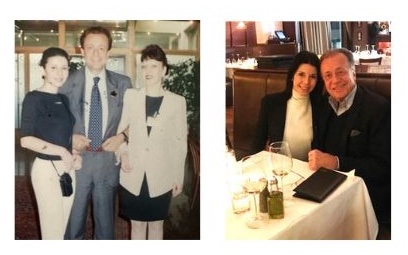
Innovation and care integrated is where I stand today. It is possible. It happens with a lot of effort, faith, insatiable desire to learn and grow and love. But it does happen.
My passion is my purpose. And that is integrating a holistic approach into both science/drug development and medicine/clinics. Our human selves are the heroes here and I am called to live that way, work that way and lead that way.
I am humbled by the journey thus far, and excited for what lies ahead. I may not always know what that will look like, and somehow the right doors would always open and those I was not meant to step through had closed. One of my favourite quotes is: “Ego’s perception of rejection, is your Soul’s awareness of redirection”– Matt Khan. I remind myself of this often.
We each have a story and a calling. If my story creates just one more spark out there, it will be a story well lived.
The Cancerworld profile of Aleksandra Filipovic, Where scientific innovation meets holistic care, draws on some of material in this personal narrative.

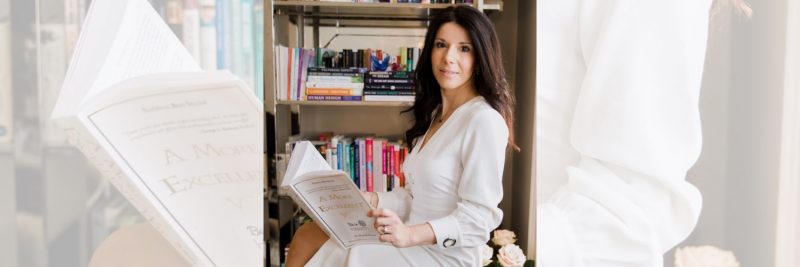
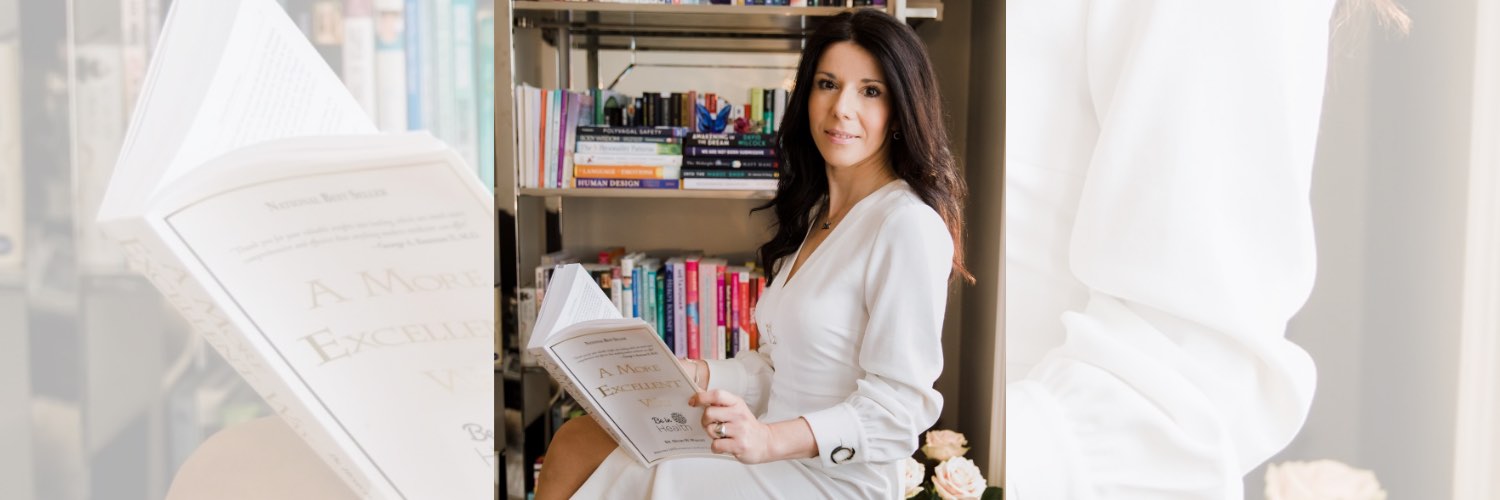
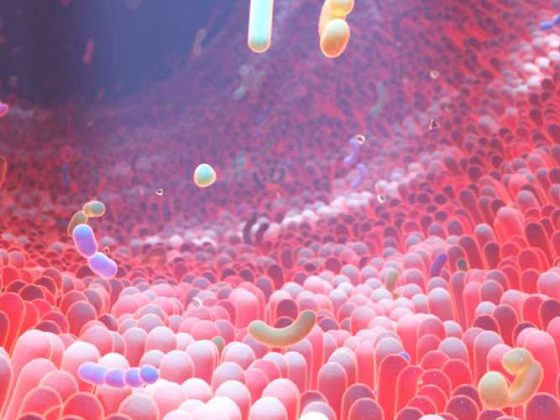
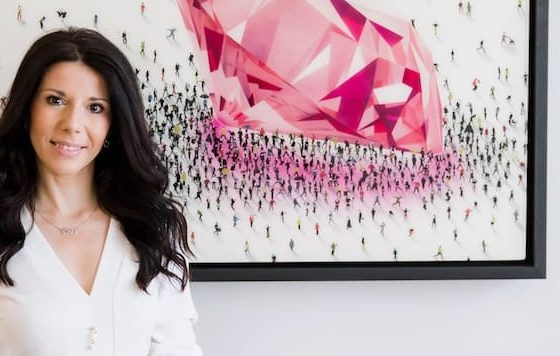
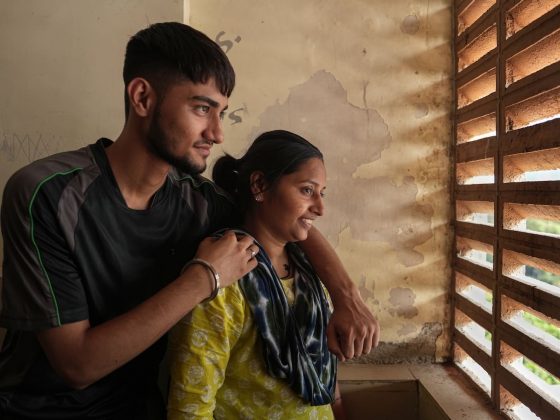

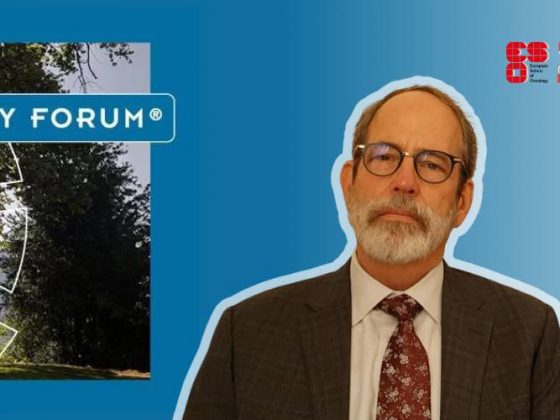
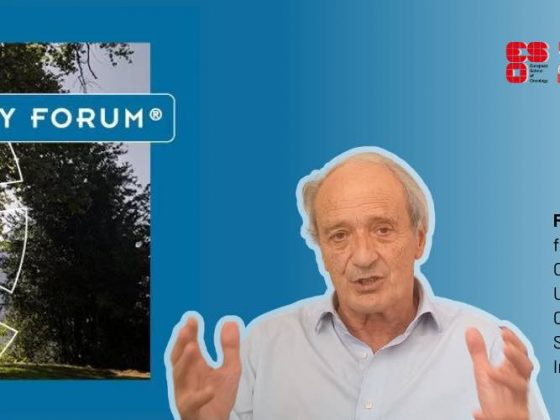
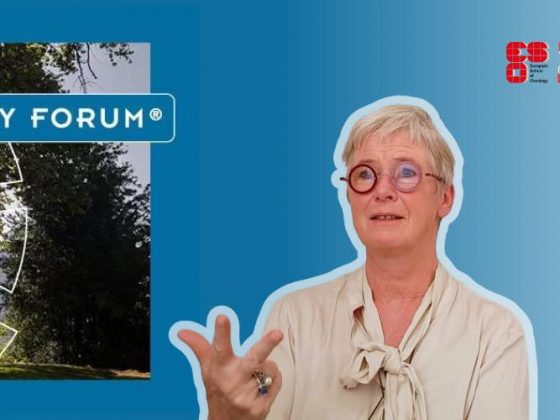
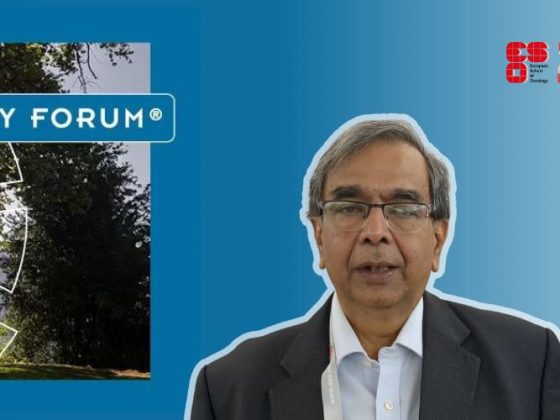
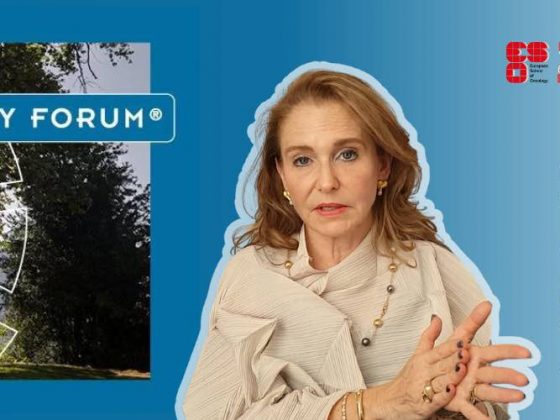
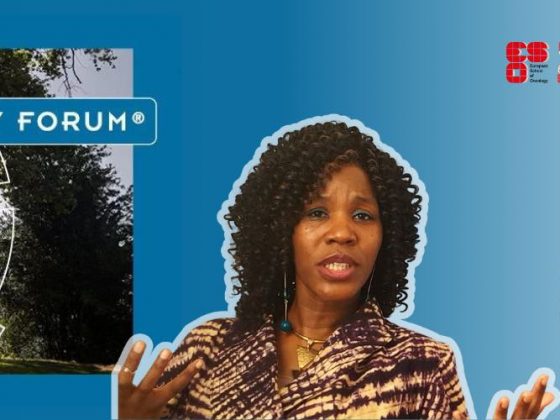
2 comments
This should be, must be the future of medicine and the way how to treat patient. Congratulation and all the best in your future work.
Zorica Jurak
[email protected]
amazing interview,big respect for you your work , and your family
Comments are closed.